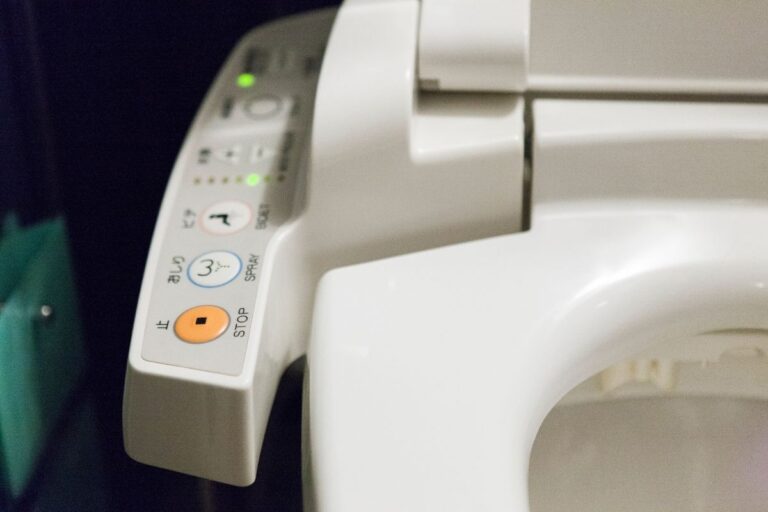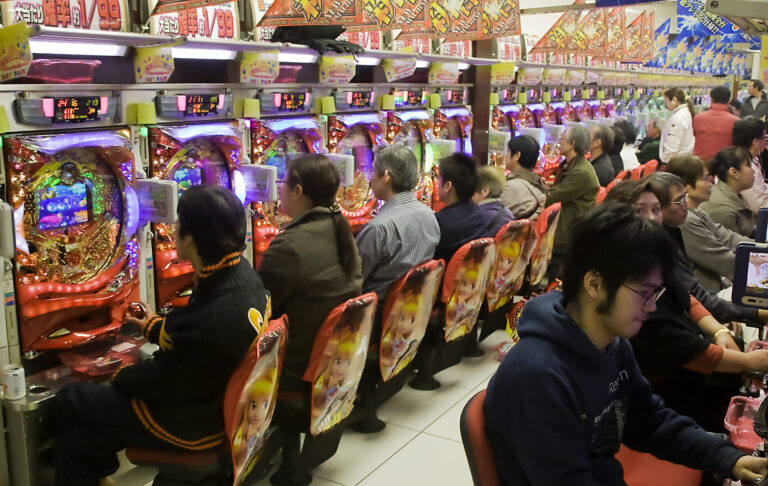In the U.S., the goal of virtually every television show is to get renewed for another season. The successful shows are renewed for a total of three, five, ten or even twenty years (The Simpsons, if you’re wondering) even if, as fans often discover, the longer a show runs, the weaker the writing and the quality of the production becomes. In many parts of the world, though, what is effectively known as the mini-series in America is the standard for fictional shows.
Japan is one such example. There are many long-running variety shows, reality shows and shows aimed at children, but the vast majority of fictional shows in Japanese TV are short-running. Only when a show is really quite successful will it get a sequel series—but even that sequel series will run for a pre-determined amount of time or may even be a one-time special bonus episode. In lieu of a TV-original sequel special, the very most popular Japanese shows—shows that get as much as 30 to 50% of the viewership, which is quite remarkable—might get a cinematic-release movie sequel instead, but this happens somewhat rarely.
Rather than the comedy sitcom or the long-running crime-solving drama series, the dorama or “drama” (the word is taken from English) is the standard of live-action Japanese fictional shows. With few exceptions, a dorama begins as a 12- or 13-episode series (each episode runs an hour with commercials) with a complete story contained therein. In other words, shows won’t end on monumental cliffhangers in the hopes of getting renewed (which, in America, often leads to disappointed fans if the show isn’t renewed and questions go unanswered). They end happily, as is most often the case, or at least they end with all questions answered and the storyline satisfactorily wrapped up.
If the show is popular enough for another 12- or 13-episode sequel series or at least a 2-hour one-time sequel special episode, the story in the sequel will be new and not a continuation of unanswered plot points from the original series. That’s not to say that more “drama” won’t ensue in the dorama, as a happy ending from the original series is often turned on its head so that the sequel can be full of conflict again, but if you never saw the sequel, you ought to be left satisfied with the original ending.
Japanese dorama shows air throughout the day, but the evening shows are the most popular. Because shows generally last only 12 or 13 weeks, new seasons start four times a year and there is no “off” season for new shows like there is in America during the summer. Dorama shows are often based on original stories, but they’re also frequently based on popular novels, light novels, and manga (graphic novels).
Do you like that popular American shows keep on airing or would you rather they end before they get less interesting? Do you like the idea of having a new favorite show four times a year?
No related posts.
Tags: cool japan, dorama, japan, japanese culture, japanese entertainment, television



